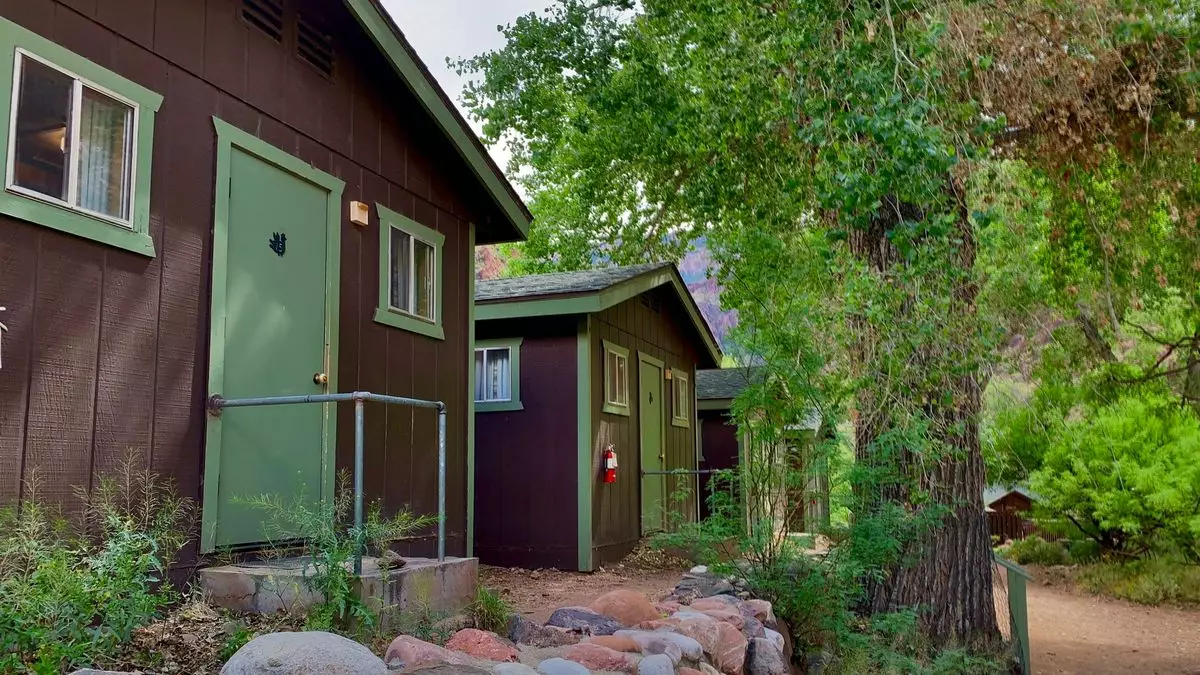Recently, Grand Canyon National Park made the decision to suspend all overnight accommodations on the South Rim due to a severe water shortage. This decision was made in response to a series of “significant breaks” in the park’s primary water supply system, the Transcanyon Waterline. This suspension affects popular lodges such as El Tovar, Bright Angel Lodge, and Phantom Ranch, all operated by Xanterra Travel Collection. The suspension is currently in effect and will last until at least Sept. 4.
Visitors planning to stay overnight in the park are encouraged to find accommodations outside the park in the town of Tusayan, Arizona. Day use of the park, including access to food and beverage services, the Grand Canyon Clinic, and the Post Office, remains unaffected. However, those planning to camp within the park will only be allowed to participate in dry camping. This means that campground spigots will be turned off, but bathroom faucets will still be operational.
To further combat the water shortage and ensure visitor safety, the park has also implemented a fire ban on the South Rim and inner canyon areas. This ban includes prohibiting all wood burning and charcoal fires, such as campfires, warming fires, and barbecues. This restriction aims to reduce water usage and minimize the risk of wildfires during this challenging time.
The National Park Service has acknowledged the severity of the situation and has already begun construction on a $208-million rehabilitation project for the Transcanyon Waterline. This project, expected to be completed by 2027, will address the aging infrastructure and improve the water supply system for future visitors. Despite the current challenges, the park is taking proactive steps to ensure the long-term sustainability of Grand Canyon National Park.
The water shortage at Grand Canyon National Park has had a significant impact on visitor accommodations and camping options. By implementing temporary measures such as the suspension of overnight accommodations and fire bans, the park aims to prioritize water conservation and visitor safety. Looking ahead, the ongoing rehabilitation project of the Transcanyon Waterline demonstrates the park’s commitment to sustainability and ensuring a positive experience for all visitors in the future.

